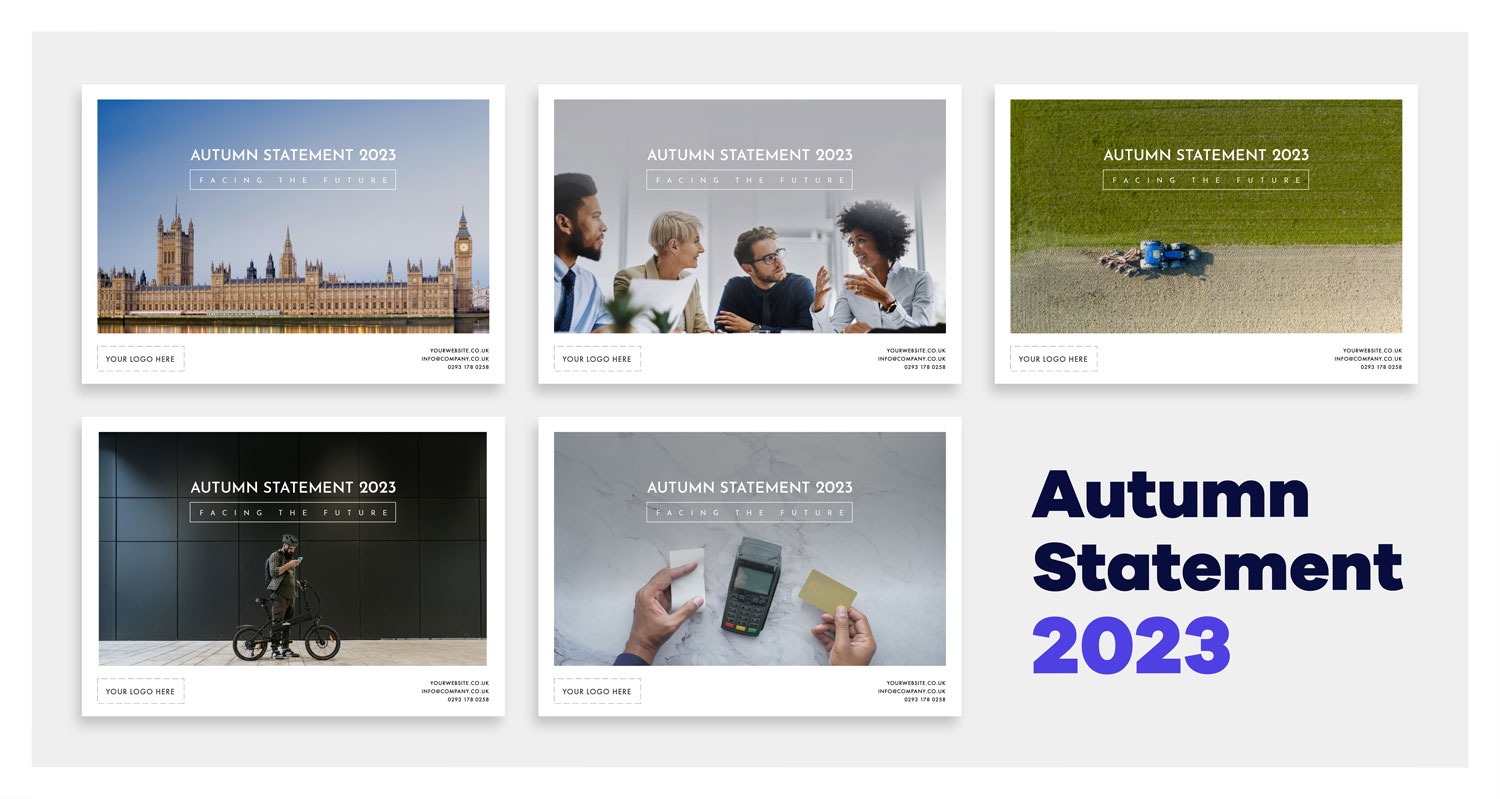While 2021 was about getting your clients back on their feet, 2022 is about helping them plan a route back to normality.
Nevertheless, the pandemic remains a major factor behind business decisions, and its effects will continue to ripple through the economy this year.
This will take place against a backdrop of new legislation, a cost of living crisis, rising inflation, increased taxes and hybrid working.
By getting to grips with these issues now, you can help your clients face 2022 with confidence.
Let’s take a closer look at the latest challenges facing the accounting profession.
MTD continues
You’ll know this one. A notable ongoing change is the rolling out of the Government’s Making Tax Digital (MTD) scheme.
Since April 2019, businesses with an annual turnover above the VAT-registration threshold of £85,000 have had to do their VAT return digitally. From April 2022, this will include all VAT-registered businesses, regardless of turnover.
The Government estimates that this change will affect 1.1 million UK firms, so some of your clients are likely to be affected and may need help adjusting.
There’s no need for businesses to wait until April to make the change – this really is a case of the sooner, the better.
Looking further ahead, the next major step for MTD for income tax self-assessment (ITSA) is due to take effect from April 2024, while MTD for corporation tax is due in 2026 at the earliest.
Top tip
To reach the right clients with your MTD communications and avoid sending people information they already know, start by segmenting your email list.
Group together clients who are already operating under MTD for VAT, who are due to be brought in in April, and those who will be included in MTD for ITSA.
Read our MTD guide for more tips on communicating the changes.
Changes to IR35
IR35 changes rumble on. Medium and large-sized companies are now responsible for making sure that contractors they hire pay the correct income tax and National Insurance contributions if they are found to be “deemed employees”.
It is designed to tackle tax avoidance by workers who hire out their labour through a personal limited company for one employer – enjoying the perks of employment without paying the tax.
This may be the biggest overhaul of employment tax law in decades, and the disruption will be felt long into the year.
While the Government promised to take a ‘light touch’ to enforcing the rules in the first 12 months by not applying penalties for IR35 except in cases of deliberate non-compliance, this grace period will end in April 2022. After that, the penalties could become much harsher.
In cases of deliberate non-compliance, HMRC can fine companies a 70% penalty on top of the tax they owe.
There is still much uncertainty around the legislation, and as the pandemic delayed the changes by a year, it might have gone under the radar for some of your clients.
You don’t want your clients to be caught off guard – a last-minute panic could force them to ditch trusted contractors that they have used for years.
Make sure you keep clear comms flowing to your clients, explain the changes, and help them to assess their existing contractors if necessary.
Top tip
In the lead-up to IR35’s introduction, you might have produced some content explaining the rules. Now could be a good time to go back and update that, adjusting the dates and guidance to reflect the way things stand now.
This will make sure it’s still a useful resource for your clients, while maintaining the authority the page has built up on your website.
National Insurance increase
After spending an extra £167 billion on public services during the pandemic, the Government is set on decreasing the deficit, partly by raising taxes (temporarily, apparently).
Last September, it announced the first step – a 1.25% increase in National Insurance contributions from April 2022.
This could cost UK businesses as much as £3.5 billion. Some of your clients will struggle to cover the cost and this is where your input will be invaluable.
Businesses will be looking to save money in any way they can. By taking a close look at your client’s books, you may be able to spot possible savings that they have missed.
Top tip
Advisory services are becoming increasingly common among accounting firms, and our research has found many businesses already see their accountant as a mentor or adviser – but have you defined this as a service, or are you giving advice purely on an ad-hoc basis?
Tackling a specific problem like the upcoming National Insurance changes could be a good way to start talking with your clients about their broader financial position, before formalising your advice as part of a service.
Embracing automation
One of the biggest accounting developments in recent years has been the increased use of automated software.
Market leader QuickBooks now has more than four and a half million users, and Xero has a further two million. These numbers will continue to grow in 2022.
As you may already know, automated accounting software can free you up to focus on more high-value services. However, software can only give you the data, so it’s still up to you to interpret it and explain it. With the amount of time you spend on bookkeeping reduced, you can spend more time face-to face-with your clients.
Accountants of the future will be valued for their advice more than their number crunching. It is therefore vital to present yourself as an authority.
Top tip
From your website to your office, everything needs to look the part as you enter the new year.
A slick, effective website that utilises marketing automation will help you create the right impression with new clients from day one, as well as further empowering your marketing function.
Hybrid working
While the Government is no longer instructing people to work from home, many have grown used to the flexibility of doing so.
A recent survey found that 90% of UK employees want to continue working from home at least some of the time. Another found that two fifths of employers plan to offer some form of hybrid working after the pandemic.
Like any other major change in working patterns, this will create new challenges for you and your clients. Employers can make tax-free contributions to household expenses and equipment costs for homeworkers. These are subject to strict rules, so your clients will be looking to you for guidance.
Remote working also opens up the possibility of more employees based outside the UK. As you’ll be aware, the tax implications of this can be extremely complex. You may find yourself being quizzed on not just UK tax law, but international regulations, too.
Top tip
Remote working has opened many people’s eyes to different methods of communication, and everyone has different preferences.
Try to get to know which method of communication your clients and target clients are most likely to respond to, and build that into your marketing strategy.
Accounting for ESG
Focus on environmental, social and governance (ESG) issues has been increasing in recent years, with more customers and investors looking for businesses that are doing the right thing.
This might not seem immediately relevant to the traditional role of an accountant, but it’s not just about noble ideals and nice words – businesses need to measure their impacts and their progress through cold, hard figures.
For accountants expanding their service offering to meet demand, this could be an area to consider.
Top tip
If you’re offering a new or niche service like ESG-related accounting and reporting, think about how you can position, price and promote it to your clients. Then use your website content and a targeted marketing strategy to get the word out.
Budget unpredictability
While the UK tax and fiscal system used to run on a (relatively) predictable cycle of Budgets and Statements, a combination of political activity and pandemic impacts has made things harder to follow in recent years.
In 2019, we saw a year with no Budget speech at all – for the first time in about 250 years – followed by a 2020 Budget that was overshadowed by a series of COVID-related announcements throughout the year.
Then there were two separate Budgets in 2021, the second of which contained surprisingly few new announcements, as several key changes were announced or leaked ahead of time.
Assuming this trend continues, we could be seeing less of a focus on a condensed set of tax policy announcements made in one day, and more changes spread throughout the year.
All in all, this makes it important to get a communications plan in place, so you’re prepared to respond to breaking news as it comes.
Top tip
To make it easier to inform your clients whenever relevant news emerges, get a communications set up and ready to go.
For instance, prepare a template email you can easily fill in with the important details, and set up segmented mailing lists for different types of clients. That way, you can deliver a prompt update to the right people even at short notice.
Get your message across
At a time when your clients are looking for reassurance, the correct messaging is vital. Every communication has to strike a tone of trustworthiness and expertise.
Not only will this give your existing clients peace of mind, it will also help you to attract new clients who may have lost faith in their accountant during the pandemic or realised they now need more in-depth guidance to take their business forward.
This is where we can help, from managing your content to developing a lead-generating new website.
Get in touch today on email: hello@practiceweb.co.uk or by phone on: 0117 9150420 and let’s make 2022 a year to remember.
Purchase your Autumn Statement report
Help clients understand exactly what impact fiscal plans will have on them in a language they can understand.





